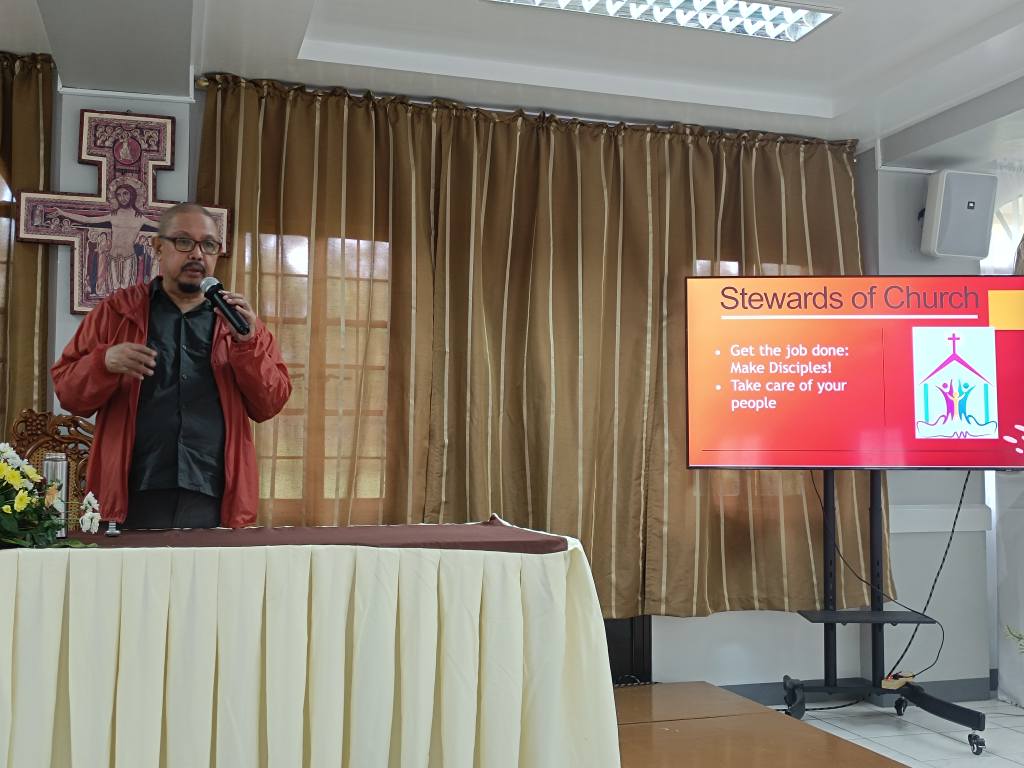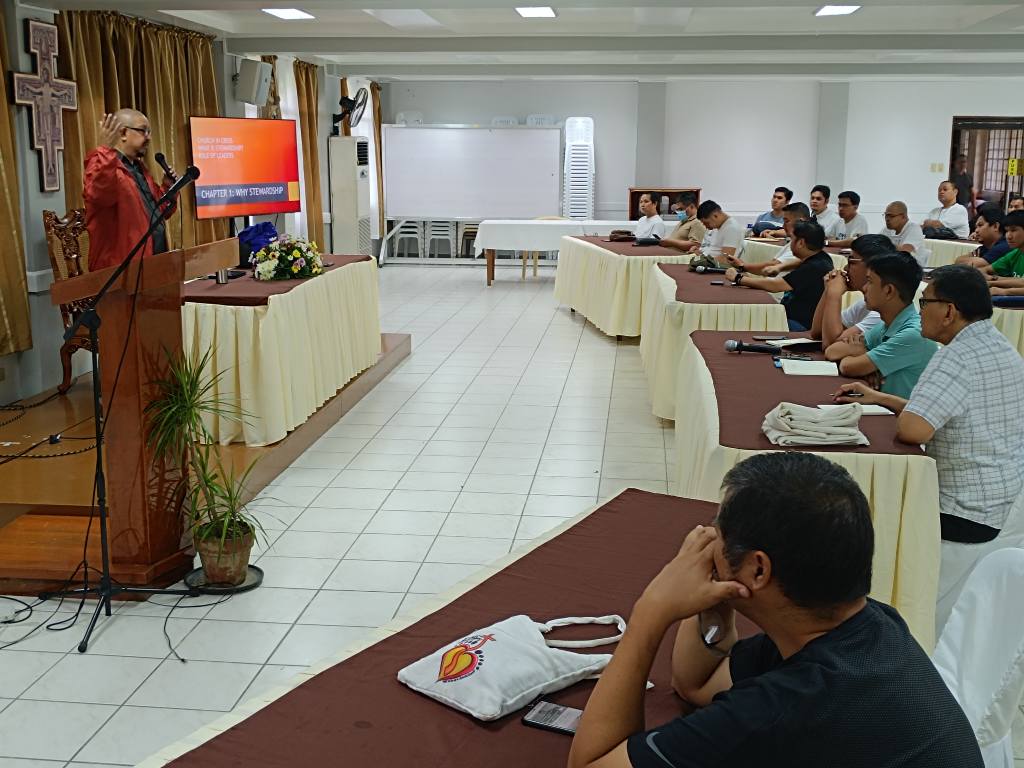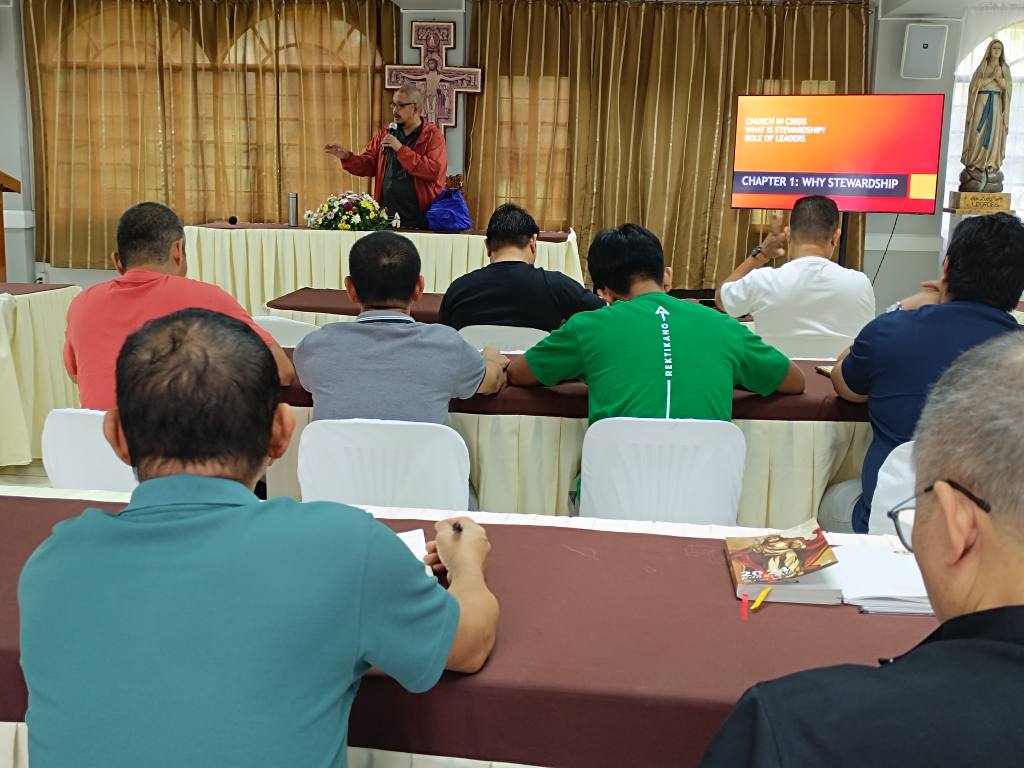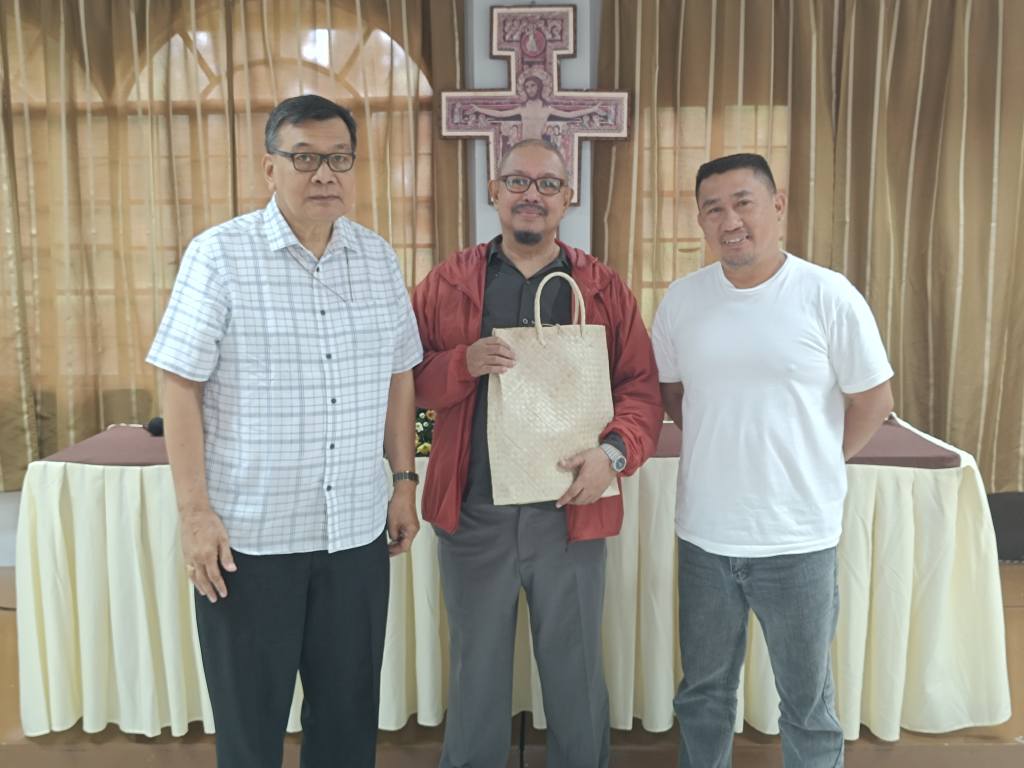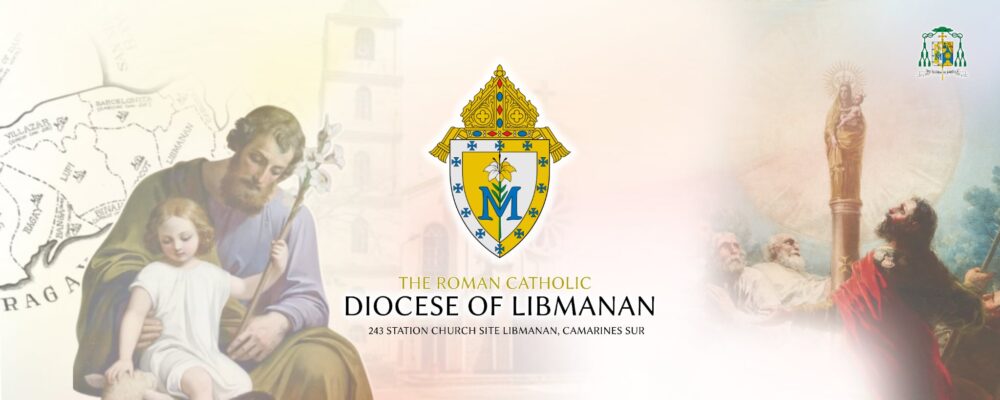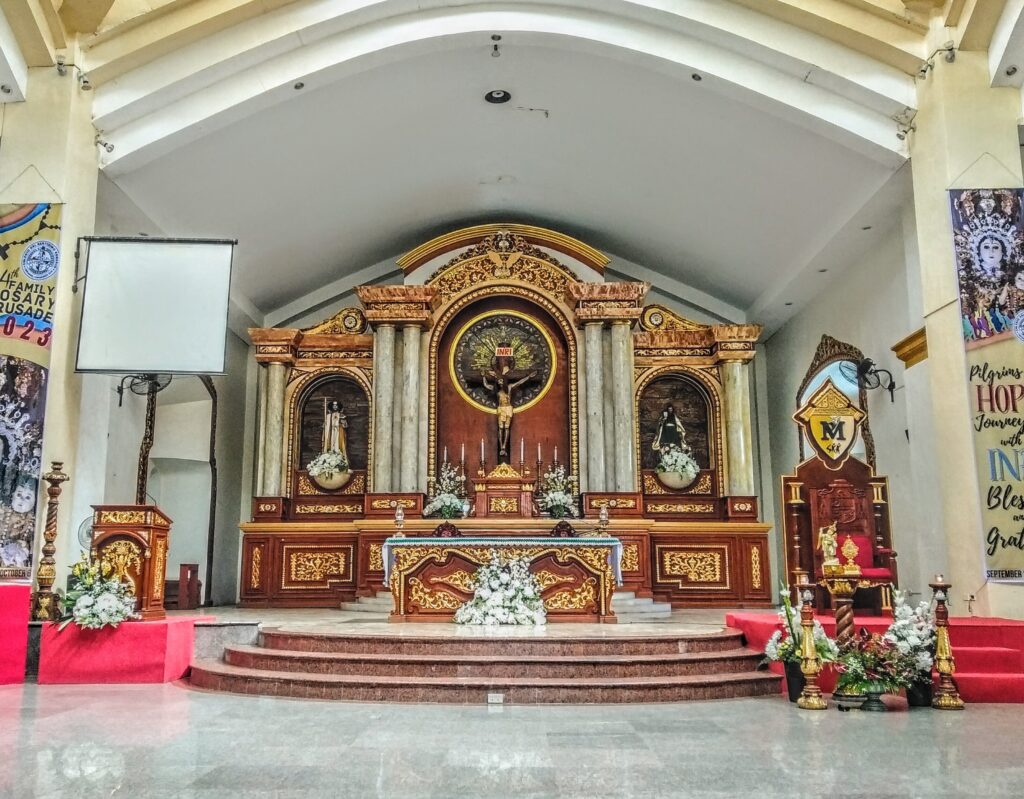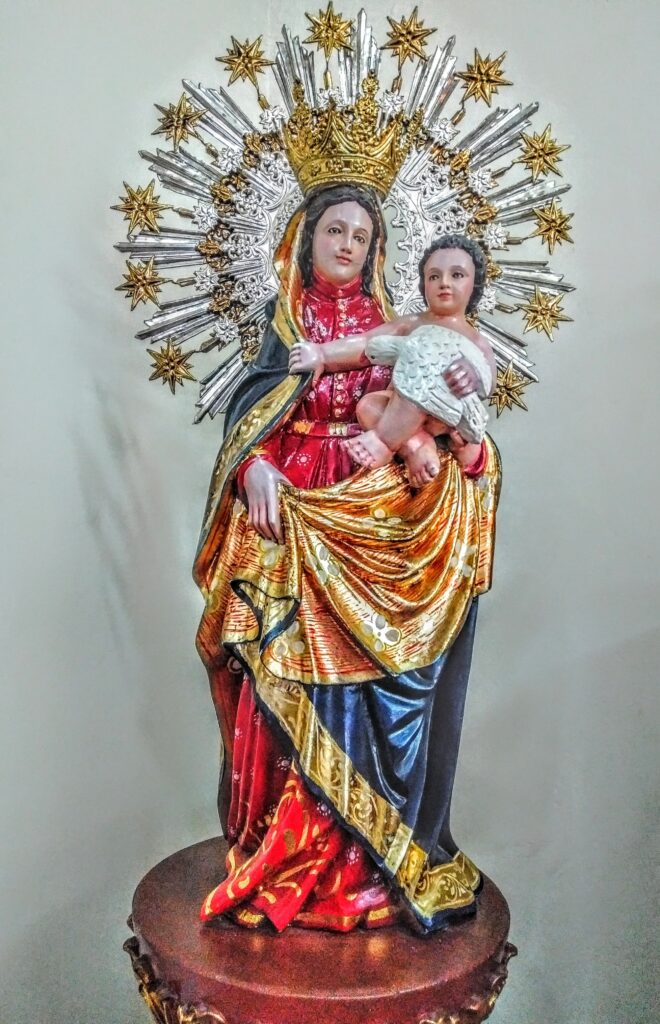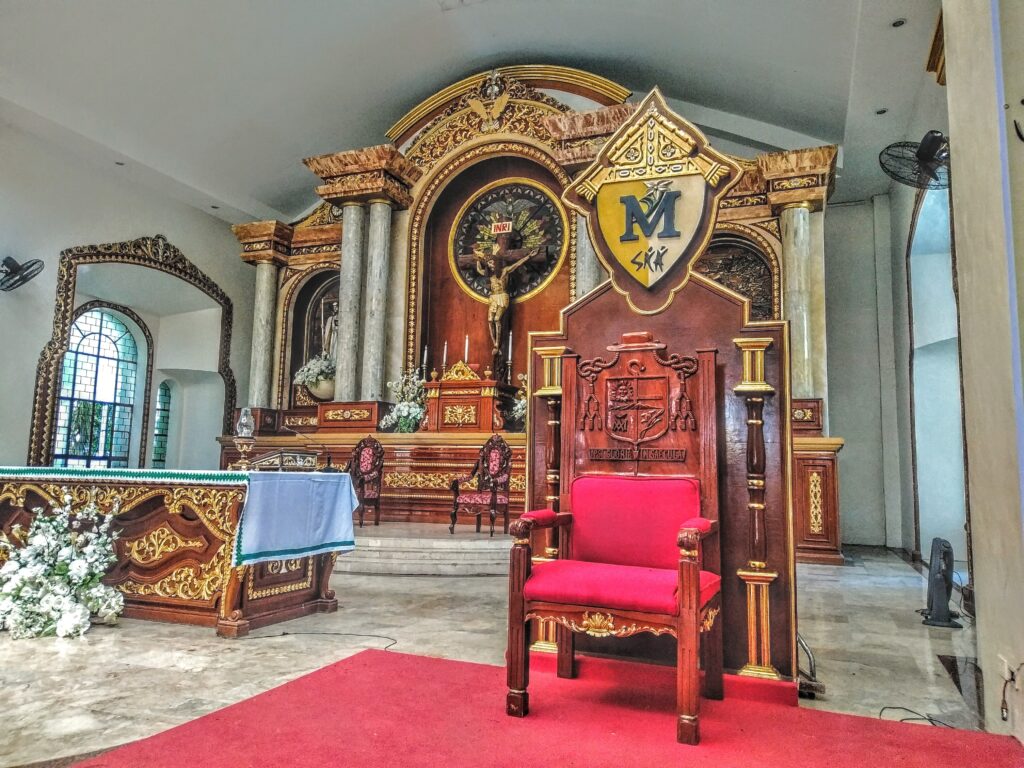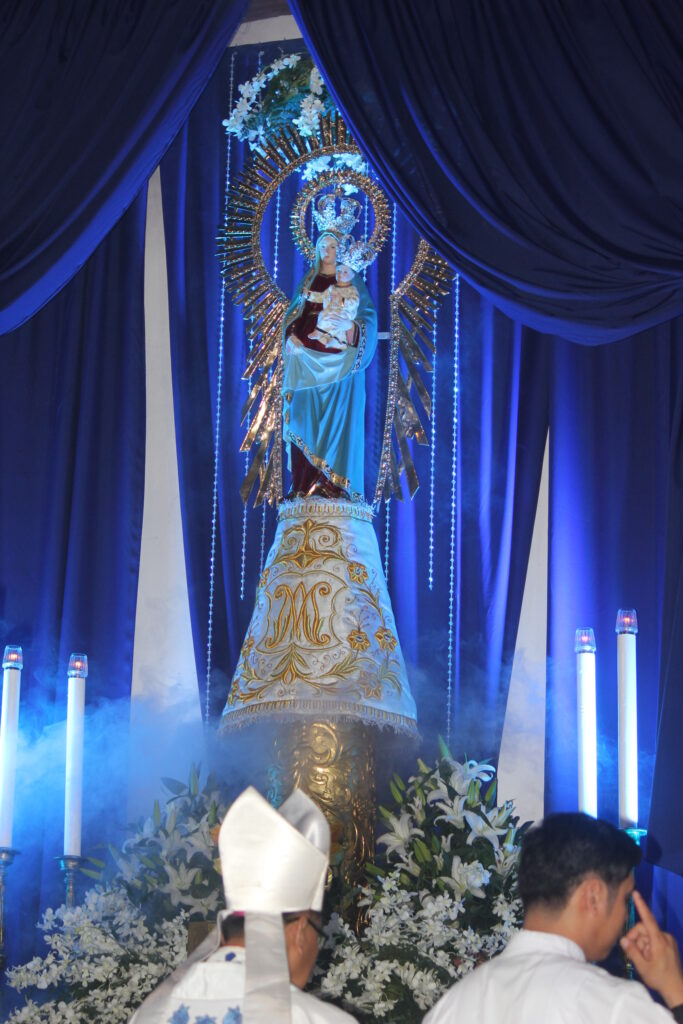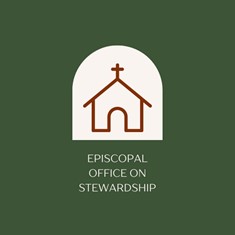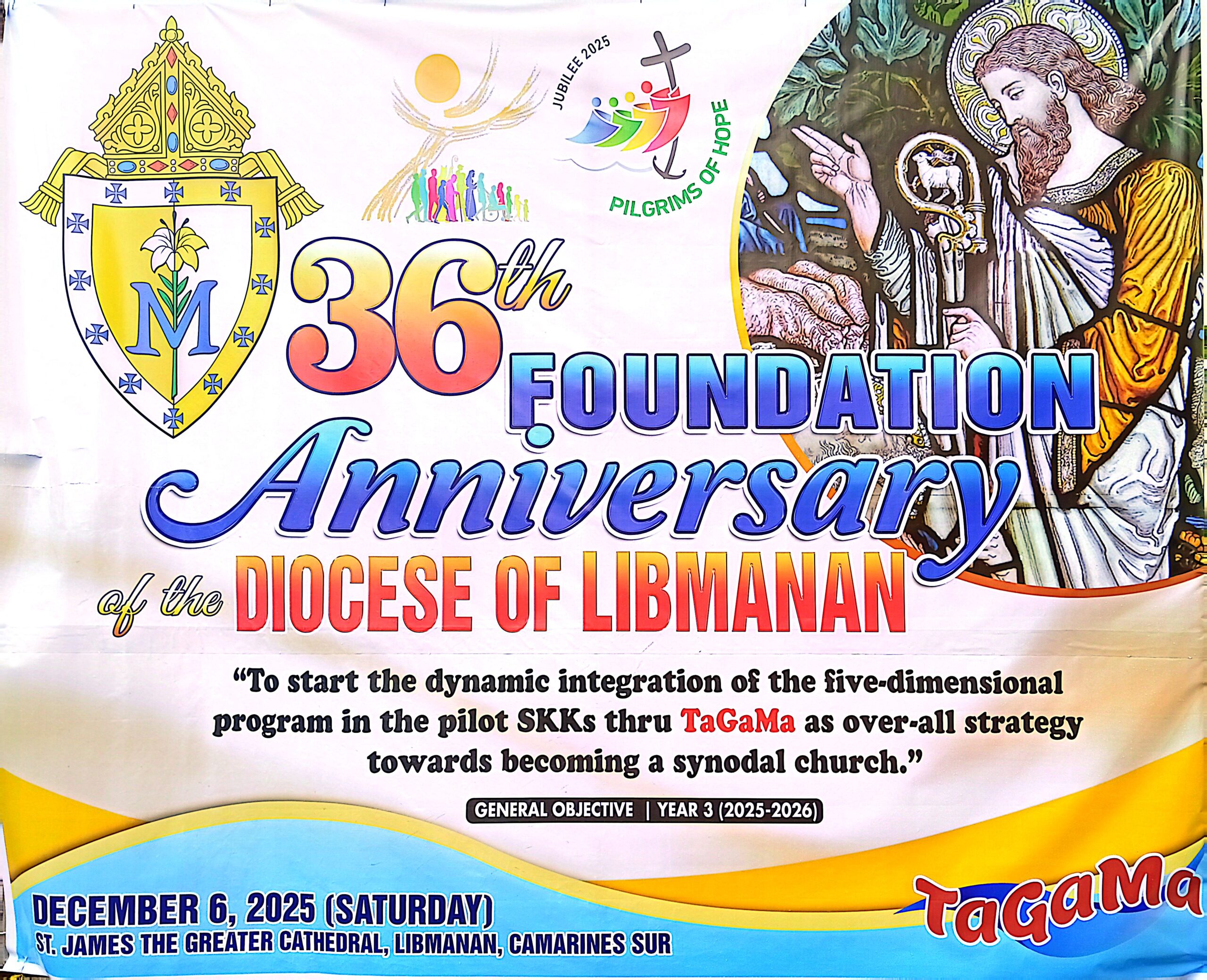Capuchin Retreat Center (Lipa City). Immediately following the retreat on November 8, 2024, the clergy of the Diocese of Libmanan, yet gathered at the Capuchin Retreat Center in Lipa City, listened to Jose Luis Clemente, Executive Director of the Socio-Pastoral Institute and Executive Secretary of the CBCP Office on Stewardship, as he shared insights on the Spirituality of Stewardship.
The idea of inviting Mr. Clemente was actually the result of the First National Gathering of Diocesan Stewardship Teams, which was held at the CBCP-Caritas Development Center, in Tagaytay City, on September 24-26, 2024. The Diocese of Libmanan was represented by two delegates, namely, Fr. Alejandro Besinio, the Vicar General and Fr. Ryan Nicoleta, Assistant to the Oeconomus. In a meeting of the Diocesan Finance Council shortly thereafter, both suggested that it would be best for the clergy of Libmanan to undergo an orientation on the spirituality of stewardship so that the priests may appreciate more the initiative of the CBCP to move the Church in the Philippines away from the arancel system that funds its mission, towards a financial system that is based on the spirituality of stewardship—thereby becoming themselves enthusiastic promoters of this shift. Approved by the bishop, the plan was announced during the clergy meeting held at St. Pius X Parish, in Villazar (Sipocot, Camarines Sur), on October 29, 2024.
Before heading back home after the fruitful retreat, the priests stayed on for two more sessions in the morning of November 8, 2024. Introduced to the priests by Fr. Arvin Olivan, the Episcopal Vicar for the Clergy, Mr. Clemente reminded the priests that the move towards stewardship was actually the initiative of the Second Plenary Council of the Philippines (PCP II) held in 1991 and that it was proposed to the whole Philippine Church not as an option but as a mandate as it was decreed by the Council itself. It would thus now seem that the implementation of the whole thing was a failure, considering that over thirty years now, the Philippine Church is yet to see all of its dioceses become a stewardship Church. Aside from the fact that it is usually difficult to effect social change, whereby people are asked to abandon what they have been already conveniently habituated to and try something untested, something they have never done before—there was actually no mechanism put in place on how to do it, leaving the bishops to implement the decree each on his own.
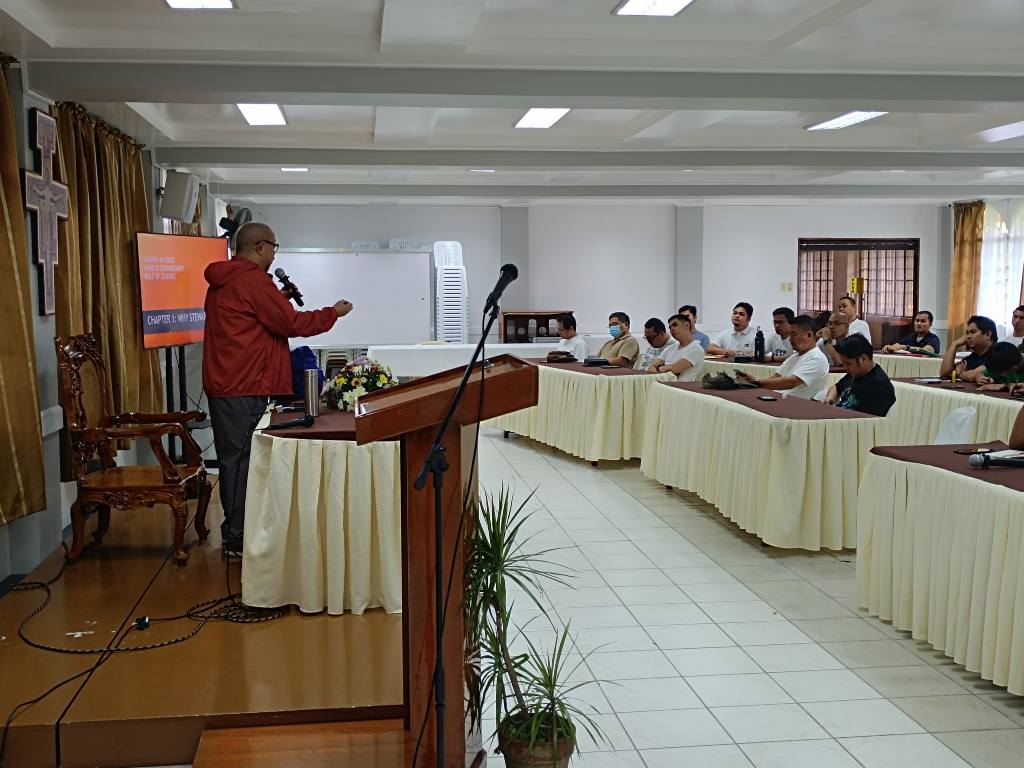
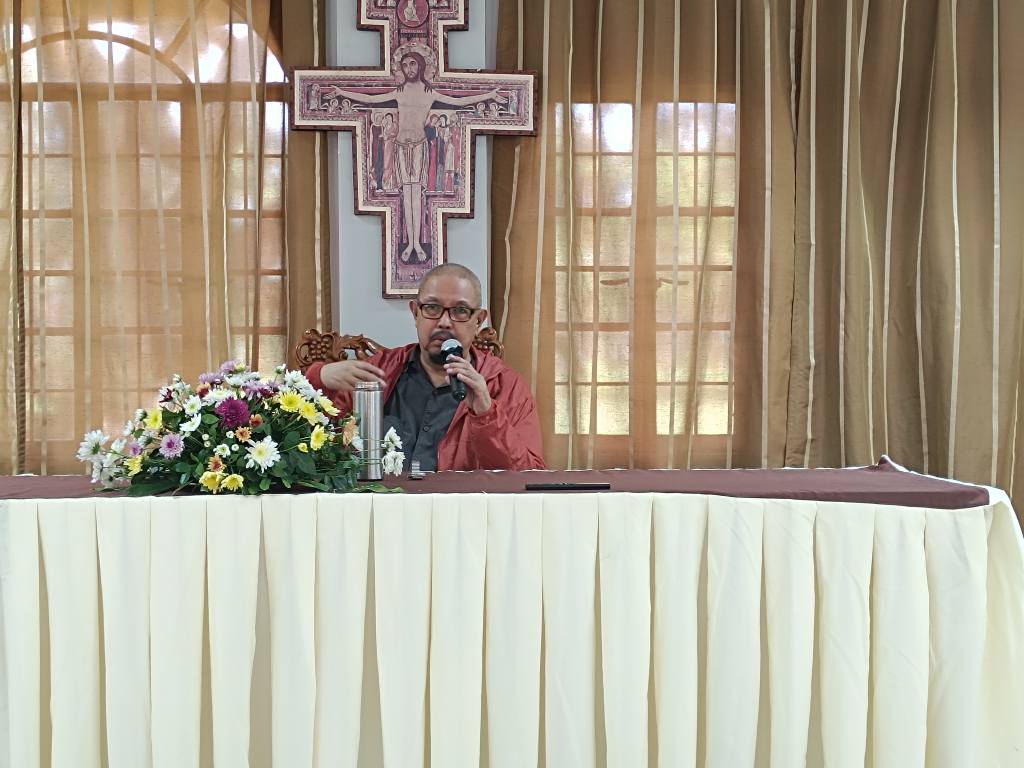
It was on account of this that the bishops of the Philippines, in one of their plenary assemblies, created the Episcopal Office on Stewardship to help dioceses put up their own stewardship offices and programs and transform the Philippine Church into becoming a Stewardship Church— a Stewardship Church that loves the poor. For this to happen, Mr. Clemente stressed that there was a need for a paradigm shift, in which a way of life among the faithful that is marked by gratitude, development, sharing, and offering of their gifts and blessings to the Lord and the less fortunate is promoted. It is only in this way that the commodification of the sacraments and church services is avoided and the access to God’s grace is opened for free, without the transactional mindset so characteristic of the old arancel system. In the end, Mr. Clemente told the priests that stewardship is not about money, though money is essential to it. Rather, stewardship is about evangelization as it is about making disciples.
